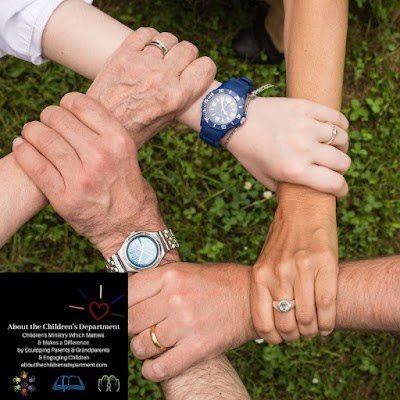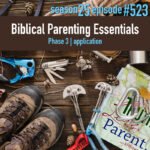[ad_1]
Trust is an essential part of Children’s Ministry . . .
- parents and grandparents need to be able to trust us
- children need to be able to trust us
- our volunteers need to be able to trust us
- we need to be able to trust our volunteers
- If you have not already done so, sit down and develop a child safety policy. Put in writing what you do to make your Children’s Ministry a safe place. Be sure to include the following – volunteer screening (background check, interview, application) – student to volunteer ratios (including minimum number of volunteers who must be present at all times when children are in the children’s ministry) – policy regarding married couples serving at the same time in the same classroom (do you require an additional unrelated adult?) – minimum age for volunteers – bathroom policy – sick child policy – sign in/pick up policy – driver policy (who can drive children on church activities, do you check their driving record?) These are just a few important things for you to get in writing. Make this information available to parents and grandparents.
- Spend time with the parents and grandparents – get to know them. Talk to them. Listen to them. Pray with them and for them.
- Do what you say you will do.
- Provide opportunities for parents, grandparents, and volunteers to build a relationship – plan socials, prayer times and anything you can do to encourage communication.
- Make sure when you say you love the children they love, your actions show you actually do. For example, do you follow up and stay in touch with the grandchildren who come with their grandparents – IF they want to come?
How do we build trust with children?
- Learn and remember their names. Encourage volunteers to take the time to get to know the children in their small groups/classes. tell them to take notes and do what they have to so they are able to remember the kids.
- Pay attention – notice if a child is absent, find out if they are sick, show an interest. Pay attention to what is happening in and with their family – new siblings, parent’s job situation, do they come with their grandparents, etc. Pay attention!
- Do what you say you will do.
- Involve all children as equally as possible – don’t just have the same children always help, participate in skits, answer questions, etc.
- Listen. Listen to their questions, concerns, joys, fears, and the things which make them sad.
- Pray with and for them.
- Always follow your child safety policy – whenever you are interacting with the children in your small group/class be sue there are other adults around.
How do we build trust with the volunteers?
- Do what you say you will do.
- Listen to them.
- Do what you say you will do.
- Pray with and for them.
- Do what you say you will do.
- Spend time with them, building your relationship.
- Do what you say you will do.
- Pay attention. Notice when they are going through tough times and rejoice with them in good times.
- Do what you say you will do.
As we do these things (and, did you notice how I emphasized
- Do what you say you will do.? This is absolutely essential.) – especially as we build trust with our volunteers, we will find we are able to trust them, too. These things are not “quick fixes” . . . they take time, because it is true . . . trust takes years to build.
Tomorrow I’ll look at since trust can take seconds to break, what can you do to repair it?
[ad_2]
Source link








You must be logged in to post a comment.